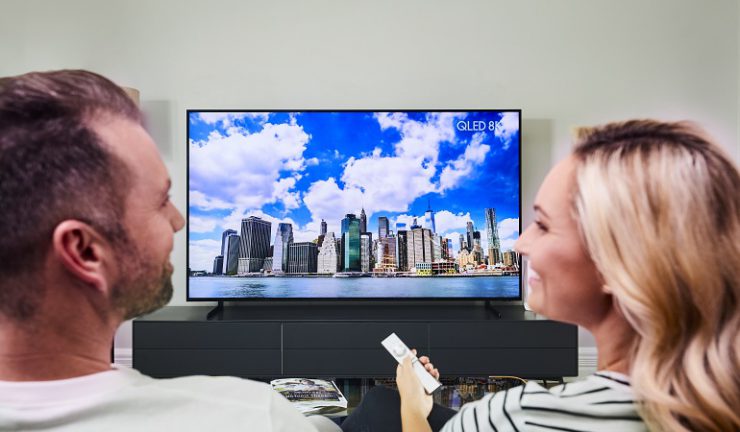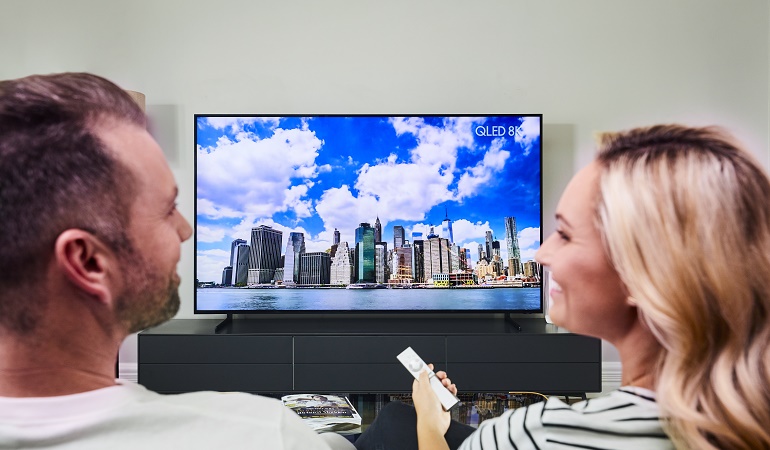After Q1 profit plunges 60%.
Samsung Electronics has recorded revenue of KRW 52.4 trillion (A$64 billion) for first quarter 2019, down from KRW 60.6 trillion (A$74 billion) in the previous corresponding period. Operating profit for the quarter was KRW 6.2 trillion (A$7.6 billion), down from KRW 15.6 trillion (A$19 billion) in the pcp.
Overall market demand for smartphones decreased QoQ as the industry moved into a seasonally weak period, but Samsung reported a QoQ rise in revenue thanks to solid sales of the Galaxy S10.
However, competition intensified in the low- to mid-range segment. In addition, amid softer demand in the overall smartphone market, revamping of the company’s mass-market line-up led to a YOY decrease in sales volume. Increased expenses from adoption of high-end features, marketing and the line-up revamp pressured profitability.
Looking ahead to the second quarter, as weak seasonality continues, market demand for smartphones is expected to increase slightly QoQ. Samsung expects smartphone sales to increase led by new models in all segments from the Galaxy A series to the Galaxy Note amid strong seasonality. In the premium segment, the company will strengthen its leadership through the new Galaxy Note as well as its innovative products such as 5G and foldable smartphones.

The recently launched Samsung QLED 8K Q900 TV
Sales of premium TVs such as QLED TVs and ultra-large size models contributed to the YOY earnings growth in the Consumer Electronics (CE) Division. The CE Division is likely to report growth in the second quarter on strong seasonal demand for air conditioners and sales of new premium TVs.
Earnings for the visual display business fell QoQ as the global TV market entered a slow season, but improved YoY thanks to the early adoption of new models. The expansion of premium product sales contributed, as Samsung solidified its global leading position in premium and ultra-large screen TVs.
Demand for TVs in the second quarter is projected to weaken slightly due to softening demand from emerging markets. Sales are also seen decreasing from a year earlier because of a lack of global sporting events this year. The company will seek to improve results through further expanding the sales of high-value-added products such as QLED TVs and bringing forward the introduction of new models.
Looking ahead to the second half of 2019, the TV market is projected to grow slightly YoY despite global economic challenges. Demand for appliances is also expected to rise compared with the first half as political tensions surrounding global trade ease.
Growing competition in the mature TV and smartphone markets is expected to pose a challenge in the second half, and Samsung will focus on strengthening its leadership in the premium segment.

